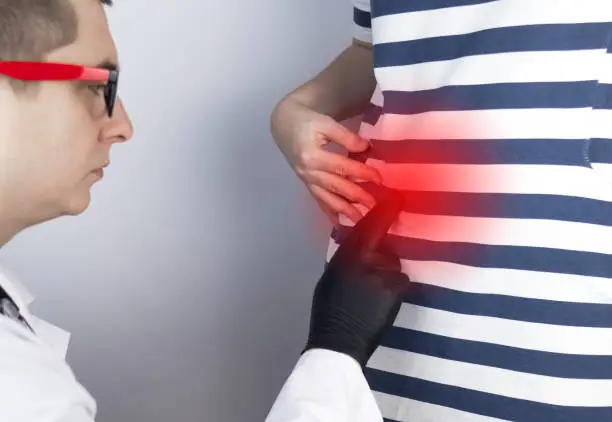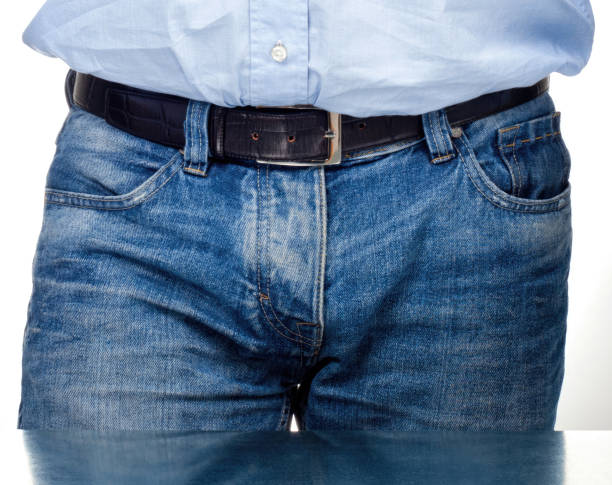What to Expect from Laparoscopic Surgery in Riyadh

Introduction to Laparoscopic Surgery
Laparoscopic surgery, often referred to as minimally invasive surgery, has revolutionized modern medical procedures by reducing recovery times, minimizing scars, and lowering the risk of complications. It involves making small incisions through which specialized instruments and a camera are inserted to perform the surgery with precision. This technique is widely used in procedures involving the gallbladder, appendix, reproductive organs, intestines, and other abdominal structures.
Key Features of Laparoscopic Surgery
- Small incisions compared to traditional surgery
- Reduced risk of infection
- Quicker recovery and less post-operative pain
- Shorter hospital stays
Understanding the Popularity of Laparoscopic Surgery in Riyadh
In recent years, **Laparoscopic Surgery in Riyadh** has become increasingly popular due to the region's advancements in medical technology and improved healthcare infrastructure. Riyadh, being the capital city, hosts numerous specialized healthcare centers offering state-of-the-art surgical services.
Why Riyadh is a Preferred Destination
- Access to modern surgical equipment and facilities
- A growing emphasis on minimally invasive techniques
- Skilled medical professionals with global exposure
- Patient-centered care and high safety standards
Types of Procedures Done via Laparoscopy
Laparoscopic surgery can be used for a wide range of medical conditions, making it a versatile option for patients.
Common Laparoscopic Surgeries
Cholecystectomy** (gallbladder removal)
Appendectomy** (removal of the appendix)
Hernia repair**
Gynecologic surgeries** (like hysterectomy, ovarian cyst removal)
Bariatric surgery** (weight loss surgery)
Diagnostic laparoscopy** (for investigating abdominal or pelvic pain)
Preoperative Preparations for Laparoscopic Surgery
Before undergoing surgery, patients will go through several preparatory steps to ensure they are physically ready and informed about the procedure.
What to Expect Before the Procedure
- Medical history review and physical examination
- Blood tests and imaging (like ultrasound or CT scans)
- Fasting requirements before surgery
- Briefing about anesthesia and surgical steps
- Signing informed consent forms
The Surgical Procedure: Step-by-Step
Understanding how the surgery unfolds can help reduce patient anxiety and prepare them for what lies ahead.
The Surgery Process
- Administration of general anesthesia
- Making 2-4 small incisions in the abdomen
- Insertion of a laparoscope (camera) and surgical instruments
- Carbon dioxide gas may be used to inflate the abdomen for better viewing
- Performing the surgical task with minimal tissue damage
- Suturing or sealing the incisions post-operation
Postoperative Recovery and Care
Recovery from **Laparoscopic Surgery in Riyadh** is typically smoother and faster compared to traditional open surgery. However, patients must follow aftercare instructions strictly to avoid complications.
Post-Surgery Guidelines
- Rest for 1-2 days before resuming light activities
- Follow a prescribed medication schedule
- Attend follow-up appointments
- Avoid heavy lifting or strenuous activity for a few weeks
- Monitor incision sites for signs of infection
Potential Risks and Complications
While laparoscopic surgery is generally safe, like any surgical procedure, it comes with potential risks.
Common Risks Include
- Minor bleeding or bruising at incision sites
- Reaction to anesthesia
- Internal infection or inflammation
- Injury to nearby organs (rare but possible)
Benefits of Choosing Laparoscopic Surgery
The advantages of choosing **Laparoscopic Surgery in Riyadh** go beyond cosmetic appeal. It ensures effective treatment with fewer physical and emotional burdens.
Highlighted Benefits
- Reduced post-op pain and discomfort
- Shorter hospital stay
- Faster return to daily life
- Minimal scarring
- Lower risk of infection
Tips for a Smooth Surgery Experience
Being well-informed and proactive can significantly improve the surgical outcome.
Pre- and Post-Surgery Tips
- Communicate openly with your surgeon
- Follow dietary and medication instructions
- Stay active as advised to aid recovery
- Report any unusual symptoms immediately
- Stay mentally prepared and positive
Frequently Asked Questions (FAQs)
1. Is Laparoscopic Surgery in Riyadh safe?
Yes, it is generally considered safe due to the presence of skilled surgeons, modern technology, and strict health protocols followed in Riyadh.
2. How long is the recovery period?
Most patients can return to normal activities within a week or two, depending on the type of surgery and individual healing capacity.
3. Will there be visible scars after the procedure?
Laparoscopic surgery leaves minimal scarring due to the small size of incisions used during the operation.
4. Can I drive home after the surgery?
No. Since general anesthesia is used, you will need someone to drive you home and stay with you for at least 24 hours after the procedure.
Final Thoughts
Choosing **Laparoscopic Surgery in Riyadh** is a step toward advanced, patient-friendly healthcare. By understanding what to expect before, during, and after the surgery, patients can feel more confident and prepared. As medical technology continues to evolve, the demand for minimally invasive procedures like laparoscopy will likely keep growing in Riyadh and beyond.
Note: IndiBlogHub features both user-submitted and editorial content. We do not verify third-party contributions. Read our Disclaimer and Privacy Policyfor details.





